
Final Request
A noose is about to be placed around Vassily’s neck, but first he is granted his final request and allowed to don his forest clothes and address the King and Parliament...

The King and the Woodsman, Part 4
In the previous episode, Vassily is accused and convicted of high treason, and sentenced to death, but not until his final request is fulfilled…
An eerie silence pervaded the King’s palace. At 3 a.m., only six short hours before the execution, the unnerved King tossed and turned in his bed, distressed to the core of his soul. He refused to believe that Vassily would betray him and the motherland, but what could he do about the evidence? Royal law required that the King approve and sign the final verdict ordering the implementation of capital punishment against a minister. King Gustav smelled foul play, but lacked proof; his conscience berated him not to sign the verdict.
Worse than the turmoil of the King’s indecision and insomnia, was the mystery of Vassily’s last request, which both the court and the King approved: Vassily requested nothing other than the privilege of being allowed to address the King in public – in the presence of the Palace Guard, the ministers, and the throngs of onlookers – for five minutes while dressed in his old woodman’s clothes before being executed. Why the old clothes? What was Vassily going to say? The King continued to toss and turn, until the first light of dawn penetrated his window.
A steady stream of people was arriving at the royal city from the four corners of the kingdom. For many, Vassily was a shining light in a sea of darkness. During his short-lived term as Minister of the Interior, he had helped more underprivileged and disenfranchised citizens than all of his corrupt predecessors combined. As opposed to the peasants, poor, and plain citizens who comprised Vassily’s admirers and sympathizers, the carriage-chauffered nobleman were more than pleased to see the common “upstart” executed.
* * *
8:30 a.m: A prison guard opened Vassily’s oak and iron-reinforced cell door, and perfunctorily threw inside a rucksack with boots, cap, and old sheepskin clothes. “Prepare yourself,” barked the guard, “we leave in ten minutes.”
8:42 a.m: The guards remove Vassily from his cell, and escort him across the main square of the royal city, to the gallows, erected in the center of the square. Tens of thousands of people have arrived to witness the final execution.
8:49 a.m: Vassily, hands and feet bound, is raised to the gallows platform.
8:50 a.m: With the royal executioner waiting in the holds, the chief prosecutor reads the court verdict, and passes it to the King for final signature.
8:51 a.m: The crowd of thousands hushes; the King declares: “Vassily Avramovich Zlotnick, I hereby grant you your final request.” The King glances at Vassily, dressed in his woodman’s garb, and nearly faints. Two officers of the Royal Palace Guard hurry to support the King from falling. The palace physician grabs the King’s wrist, but the King reassures everyone that his composure has returned. The monarch inhales deeply and declares, “You are granted five minutes to speak your final peace.”
Vassily looks the King directly in the eyes. “Not long ago, Your Majesty, you were lost in the forest, at the mercy of the elements and predators, both of a two-legged and four-legged variety. In the back woods, you were no king, only an object of ridicule and contempt that would soon meet a certain death at the hands of barbarians. Only I, Vassily Avramovich Zlotnick, recognized you. I risked my own life to save yours, yet requested nothing in return. I acted in your behalf before you offered me any reward and remuneration. You, Your Majesty, demanded that I return to the palace with you. Had I been a traitor and an embezzler like Puzhnikov and his patsies say (the crowd gasps), I would have slit your throat, taken your hundred gold rubles, and let your body rot in the woods. No one would have ever found you. But no, Your Majesty; when no one else recognized you or came to your aid, I did. I acted first, with no expectation of personal gain; only afterward, did I hear your promises. Just as I arrived here penniless, I now depart penniless, except for the tens of thousands whom I was able to help during my term of service to the Kingdom, as the masses here gathered can surely attest. No one can rob me of the merit of my selfless service to you and the Kingdom. I go now to my death with a clear and innocent heart, for I believe that truth and justice shall prevail forever, while the real tyrants shall taste their own bitter medicine!”
The crowd erupted like a volcano. Thousands chanted, “Vassily, Vassily, long live Vassily!” or “save him, save him!” Tears streamed down King Gustav’s cheeks – there was no denying those words of truth. The puzzle came together in his mind; surely, he had been forewarned on several occasions about Puzhnikov’s treachery. An attack on Vassily was an attack on the King. Whispering something to the Palace Guard commander, the King raised the court verdict writ high above his head, and ripped it into shreds.
* * *
Vassily was released and restored to his former position with full honors. Puzhnikov, Samenkin, Constantinov, and a score of others were detained by the army, forced to confess, ultimately tried, and convicted.

To this day, if you walk through the woods of Southwestern Russia, you can hear the wind from the northwest blowing through the pine trees and calling softly, “Vassily, Vassily!”
End of story…
Don’t miss next week’s Breslev Israel magazine to read the interpretation of “The King and the Woodsman.”




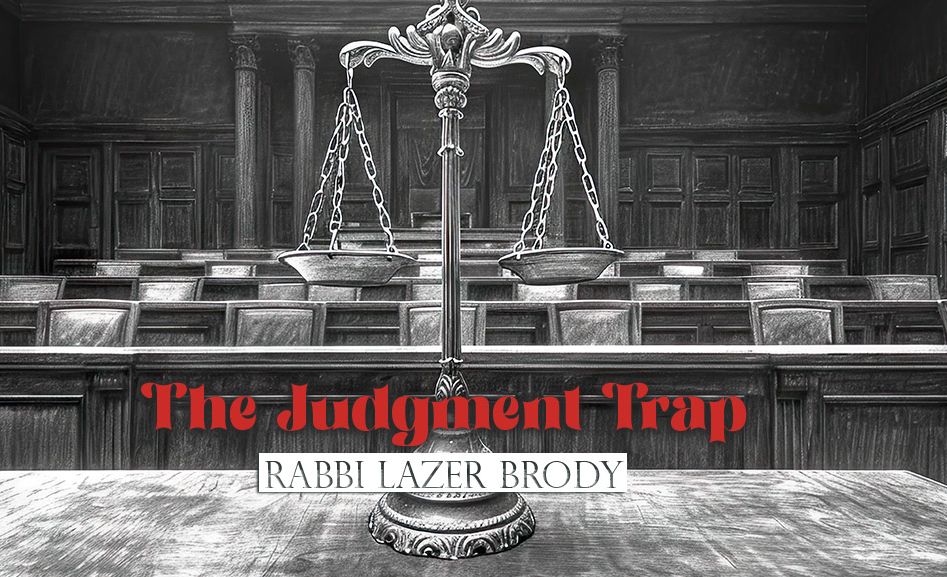
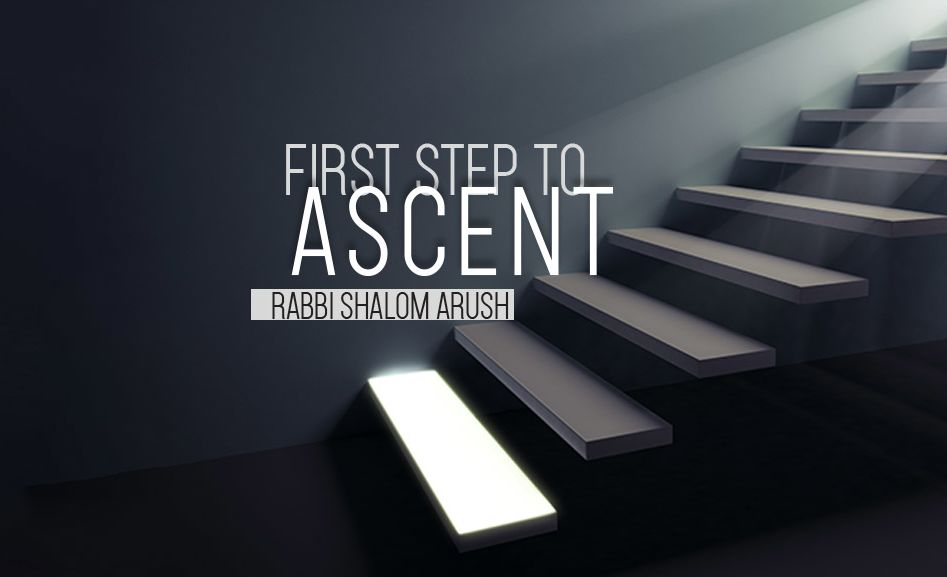

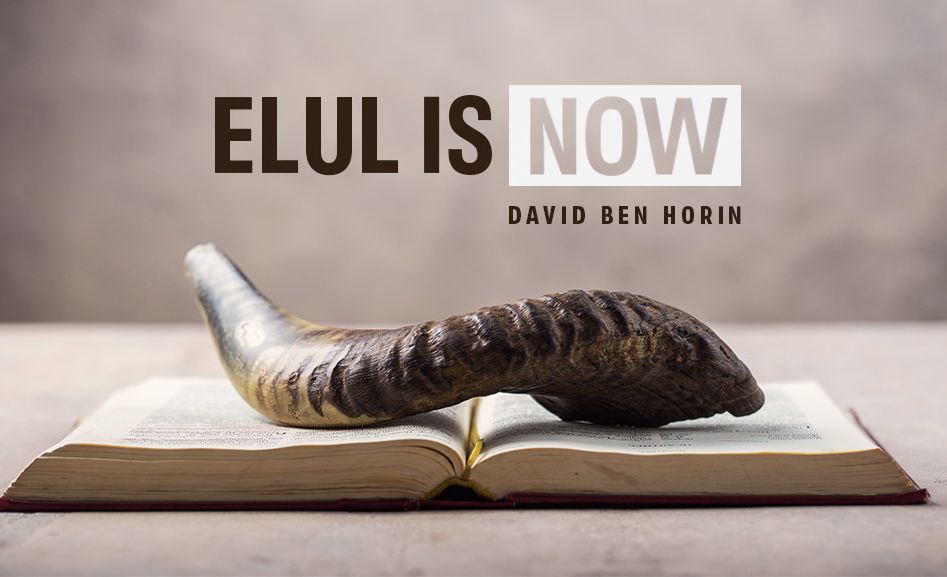
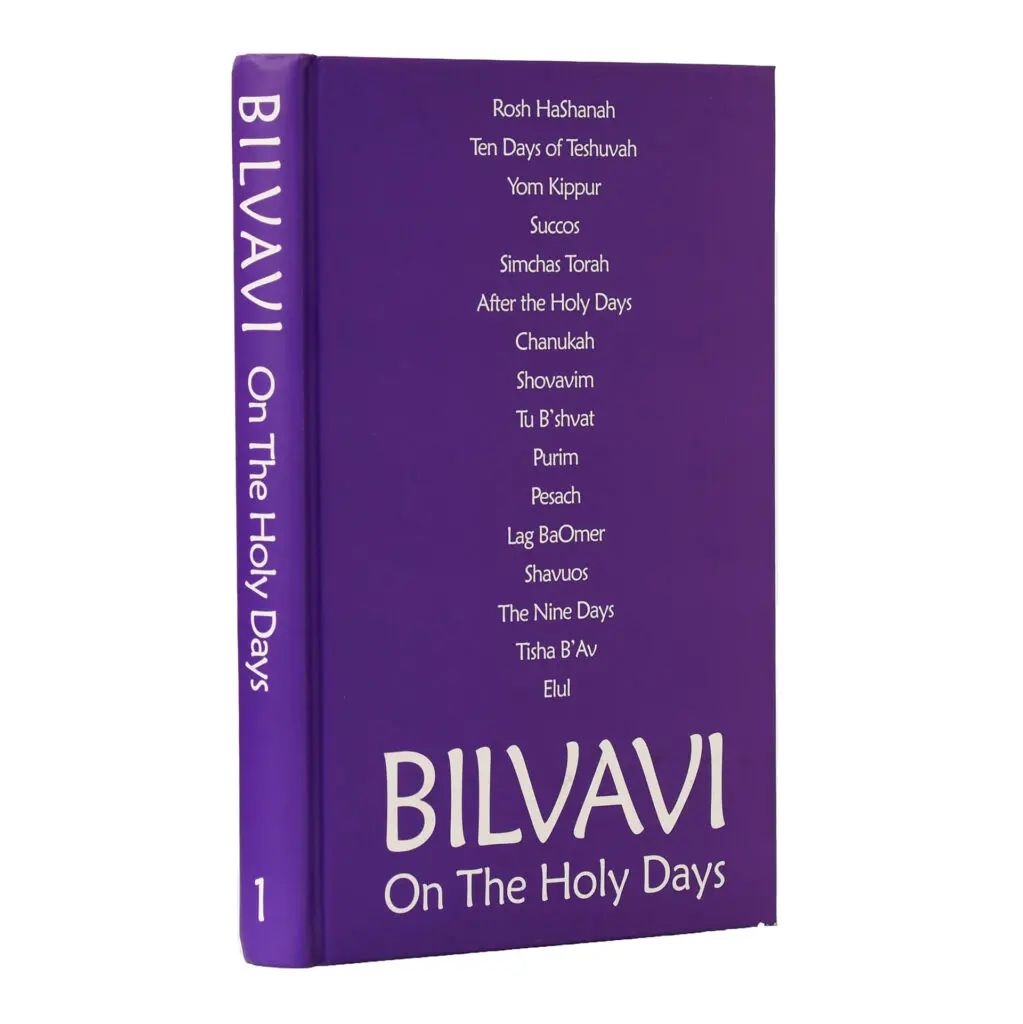

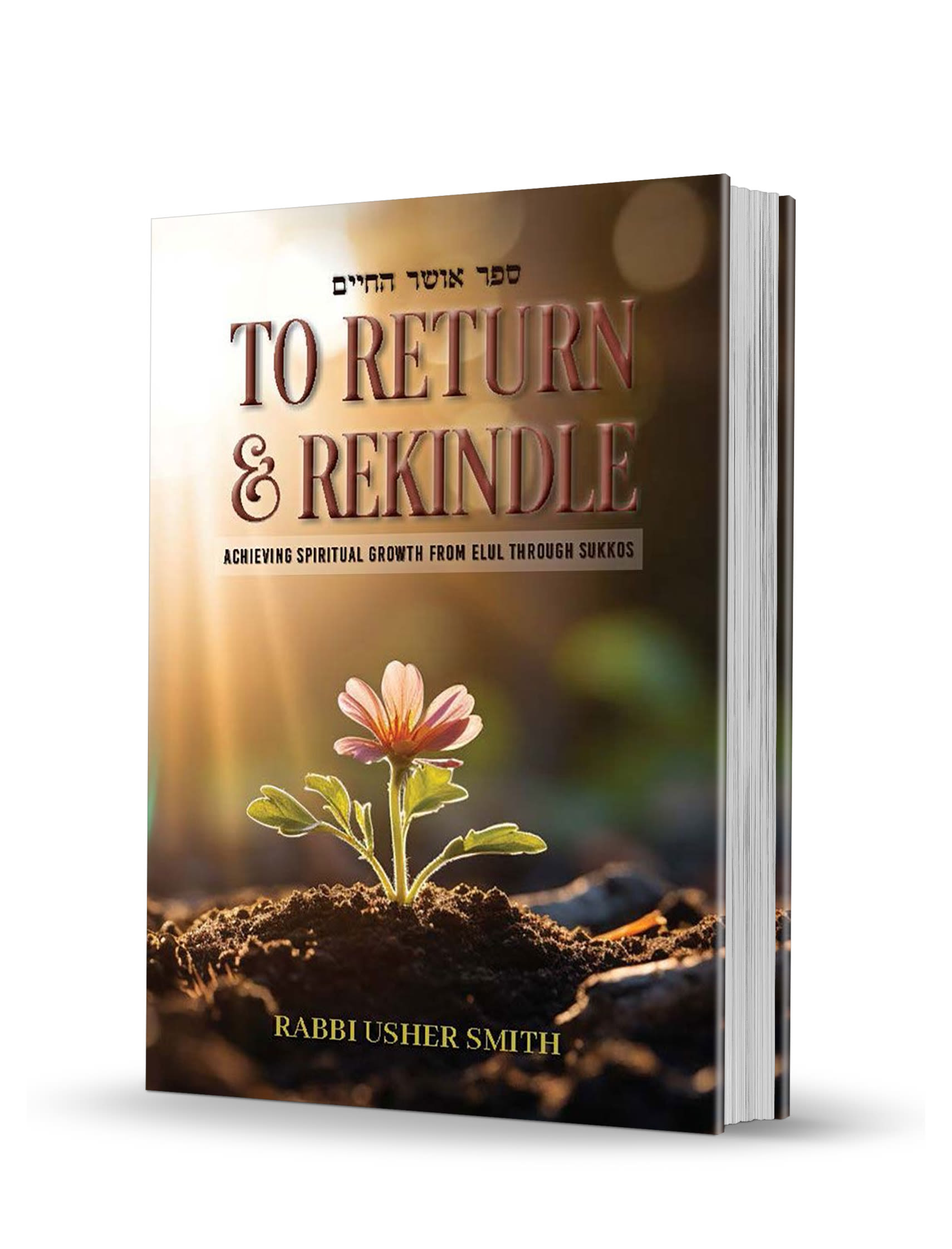



Tell us what you think!
Thank you for your comment!
It will be published after approval by the Editor.